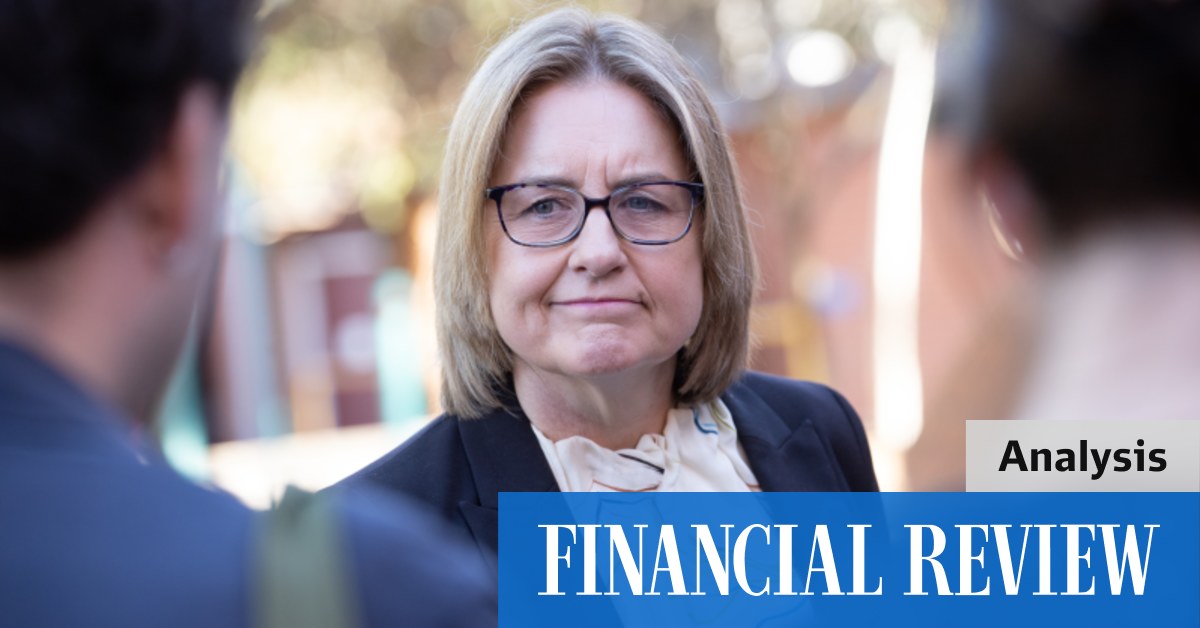Understanding Allan's Recent Political Turmoil: A Deep Dive into the Crisis
Allan's recent political upheaval has sent shockwaves through the nation, leaving many wondering what triggered the crisis and what its implications might be. This in-depth analysis delves into the key events, exploring the underlying causes and potential consequences of this significant political development. We'll examine the various perspectives, separating fact from speculation, to provide a clear and comprehensive understanding of the situation.
The Spark: The Controversial Budget Proposal
The immediate trigger for the current turmoil appears to be Allan's controversial budget proposal, unveiled last week. This proposal, heavily criticized for its proposed cuts to social programs and increased taxes on the middle class, sparked widespread protests and demonstrations across the country.
Key Criticisms of the Budget:
- Significant cuts to healthcare funding: Critics argue that the proposed cuts will severely impact access to healthcare for vulnerable populations.
- Increased tax burden on the middle class: The tax increases are perceived as unfair and disproportionately affecting those already struggling financially.
- Lack of transparency in the budget process: Opponents claim the budget was rushed through the legislative process with minimal public consultation.
These criticisms fueled public discontent, leading to large-scale protests and placing immense pressure on Allan and his administration.
The Fallout: Political Backlash and Shifting Alliances
The backlash against the budget proposal has been swift and intense. Several key members of Allan's own party have publicly denounced the budget, leading to a significant fracturing within the ruling coalition. This internal discord has weakened Allan's political standing considerably.
Key Political Actors and Their Responses:
- Senator Davis: A prominent figure within Allan's party, Senator Davis has openly called for the budget to be revised, threatening to withdraw support if changes aren't made.
- Opposition Leader, Ms. Chen: Ms. Chen has capitalized on the situation, rallying support for her party and demanding Allan's resignation. She has proposed alternative budget solutions focusing on economic stimulus and social welfare.
- Public Opinion: Polls indicate a sharp decline in public approval for Allan and his administration, with many expressing anger and frustration over the handling of the situation.
The shifting political alliances suggest a potential loss of power for Allan, paving the way for a possible change in leadership or a significant restructuring of the government.
Analyzing the Underlying Causes: Beyond the Budget
While the budget proposal ignited the crisis, several deeper, underlying factors contributed to the current political instability:
- Growing economic inequality: Rising income inequality and the widening gap between the rich and poor have created widespread resentment and fueled social unrest.
- Erosion of public trust: A decline in public trust in government institutions has made the population more susceptible to political polarization and division.
- Lack of effective communication: Critics argue that Allan's administration has failed to communicate effectively with the public, exacerbating the existing tensions.
Addressing these underlying issues is crucial to resolving the current political crisis and preventing future instability.
Looking Ahead: Potential Scenarios and Implications
The future remains uncertain. Several scenarios are possible, including:
- Revised Budget Proposal: Allan might attempt to negotiate a revised budget that addresses some of the key criticisms, attempting to regain public and party support.
- Early Elections: The political deadlock could lead to early elections, potentially resulting in a change of government.
- Resignation of Allan: Pressure from within his own party and from the public could force Allan to resign, triggering a leadership vacuum.
The consequences of this political turmoil are far-reaching and will significantly impact the country's social, economic, and political landscape.
Call to Action: Stay informed about the unfolding events by following reputable news sources and engaging in constructive dialogue about the issues at hand. Understanding the intricacies of this political crisis is vital for informed civic engagement.
